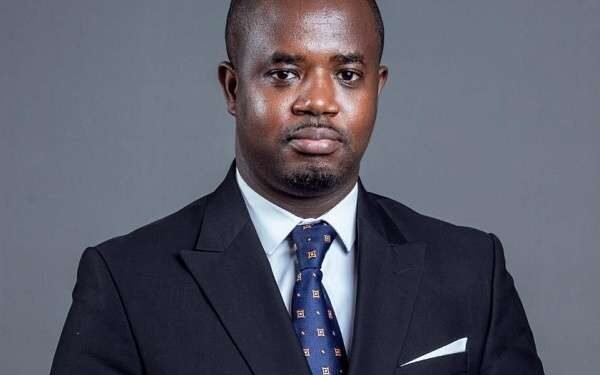Marking the International Day of Education, UN Secretary-General António Guterres has underscored the vital role of education as a fundamental human right and a cornerstone for personal and societal development.
His message also highlighted the double-edged nature of emerging technologies, particularly Artificial Intelligence (AI), which offers immense potential but carries significant risks.
“Education is an essential building block for every person to reach their full potential, and for societies and economies to grow and flourish.”
UN Secretary-General António Guterres
The UN chief emphasized that AI and other technological advancements can revolutionize education by expanding access to information and providing innovative learning tools. However, he cautioned against the risks, stating, “As AI-driven systems become more powerful, human intention and machine-driven impacts can easily misalign.”
This year, UNESCO has dedicated the International Day of Education to exploring the opportunities and challenges posed by AI. Audrey Azoulay, UNESCO’s Director-General, stressed the importance of ethical guidelines in deploying AI in education.
“AI offers major opportunities, provided that its deployment in schools is guided by clear ethical principles. To reach its full potential, this technology must complement the human and social dimensions of learning, rather than replace them.”
Audrey Azoulay
As AI becomes more integrated into classrooms worldwide, its use and regulation disparities have emerged. According to UNESCO data, over two-thirds of secondary school students in high-income countries are already using generative AI tools to aid their studies.
However, a 2023 UNESCO survey of 450 educational institutions revealed that only 10% have official frameworks for AI usage. Meanwhile, 40% of nations now have policies restricting mobile phones in schools, a sharp rise from 24% in mid-2023.
These statistics highlight the need for global cooperation and investment to ensure AI’s equitable and responsible integration into education systems.

Human Rights and AI Governance
Mr. Guterres called for keeping human rights and agency at the core of AI’s development, urging stakeholders to provide tools and knowledge that enable users to “use this technology smartly, safely, and ethically.”
UNESCO’s Competency Frameworks and the recently adopted Global Digital Compact aim to support educators and learners in navigating AI responsibly while ensuring humanity retains control over its governance.
“Keeping humanity at the centre of education systems, everywhere,” remains a critical goal, he concluded.
While AI transforms classrooms in some parts of the world, millions of children still lack access to basic education. According to UNESCO, 250 million children and youth remain out of school globally, hindered by factors such as gender, location, social background, and conflict.
The International Day of Education serves as a reminder of these inequities, urging nations to prioritize high-quality, inclusive education as a means to uplift communities and reduce disparities.
A recent UNESCO report revealed that nearly one in three students worldwide has experienced physical violence, and one in ten has faced cyberbullying. These incidents significantly impact students’ well-being, academic performance, and overall quality of life.
Creating safe and inclusive learning environments is crucial for addressing these challenges. UNESCO’s ongoing efforts aim to reduce violence in schools and foster a culture of respect and understanding.
As the world navigates the integration of AI into education, balancing innovation with ethics and equity will be key to unlocking its full potential while ensuring no one is left behind.
READ ALSO: Democracy Hub Participates in Council of State Elections to Spearhead Constitutional Reform






















